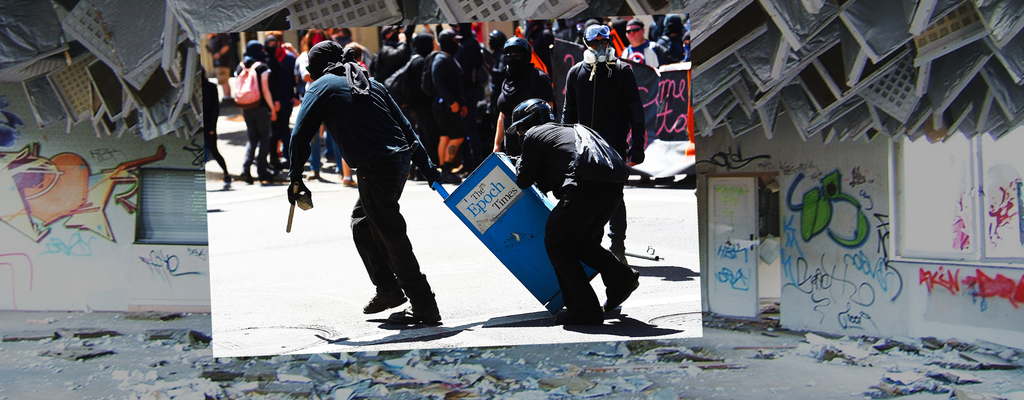It’s time for journalists to really make the news.
The current state of digital media in the US is, in a word, tumultuous. It’s never been what anyone would call stable, really, and has always been as exploitative as one might expect from an industry beholden to both capitalism and the whims of billionaires—but for a while there, it looked as though the Vices and Buzzfeeds of the world would at least be lucrative. Digital media was going to revolutionize the news, they said; it was going to change everything. And it did, for some people—the bosses, CEOs, and founders. Unfortunately for them (and far more unfortunately for all the people they’d been underpaying and overworking from the jump), a genuinely sustainable business model remains digital media’s Moby Dick. Chasing ad dollars through a maze of Facebook boosts and Google ad buys became too difficult, so when older media capitalists like Rupert Murdoch and Disney came calling, the top brass betrayed their millennial image by actually picking up the phone.
Journalism’s great shining hope begat an influx of venture capital begat “pivots to video” and mass layoffs begat more mass layoffs in a perpetually unspooling drama of near-Biblical proportions. As workers finally revolted in 2015 and started to organize, they flocked to unions like the Writers Guild of America, East and the News Guild. This pivot to unionizing enabled them to publicly challenge their treatment, and to bargain and win contracts that forced their employers to improve their working conditions. Things got a little better down in the blog mines, but, unbeknownst to the workers themselves, the investor cash had started drying up; C-suite leeches across the mediaplex recoiled—and restructured.
The industry itself is broken, but those responsible for its decline are doing just fine. I mean the bosses, of course: the rogue’s gallery of aging hipsters, #Resistance hacks, and self-styled “progressives” running the shitshow are all still flying high even as the industry they’ve captained sinks. They’re still rich, for one, waltzing on the deck of the Titanic as the lifeboats capsize below. Even the ones with bruised egos and tweaked job titles can console themselves with the piles of material wealth, social capital, and cultural cachet they’ve accumulated thanks to their employees’ sweat, blood, and misery. Make no mistake: a temporarily embarrassed millionaire (or billionaire, in some cases) is still a deadly predator, and the next crop of eager young media workers are their intended prey.


